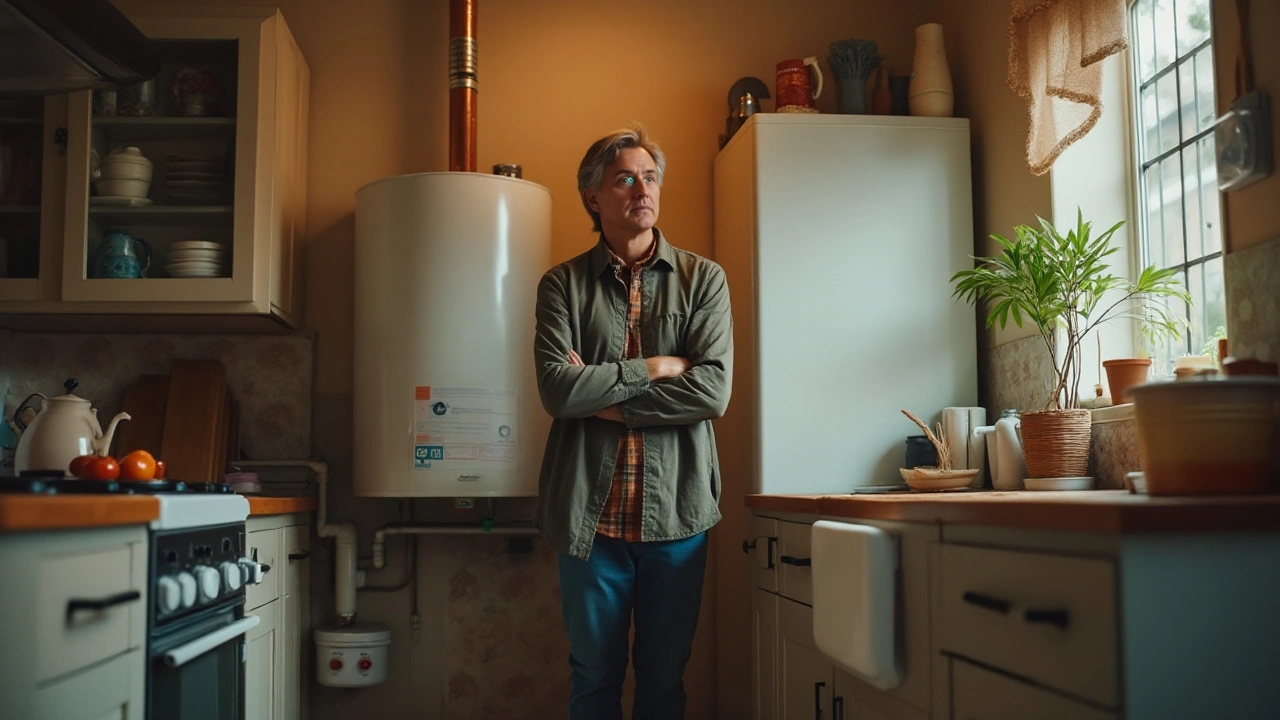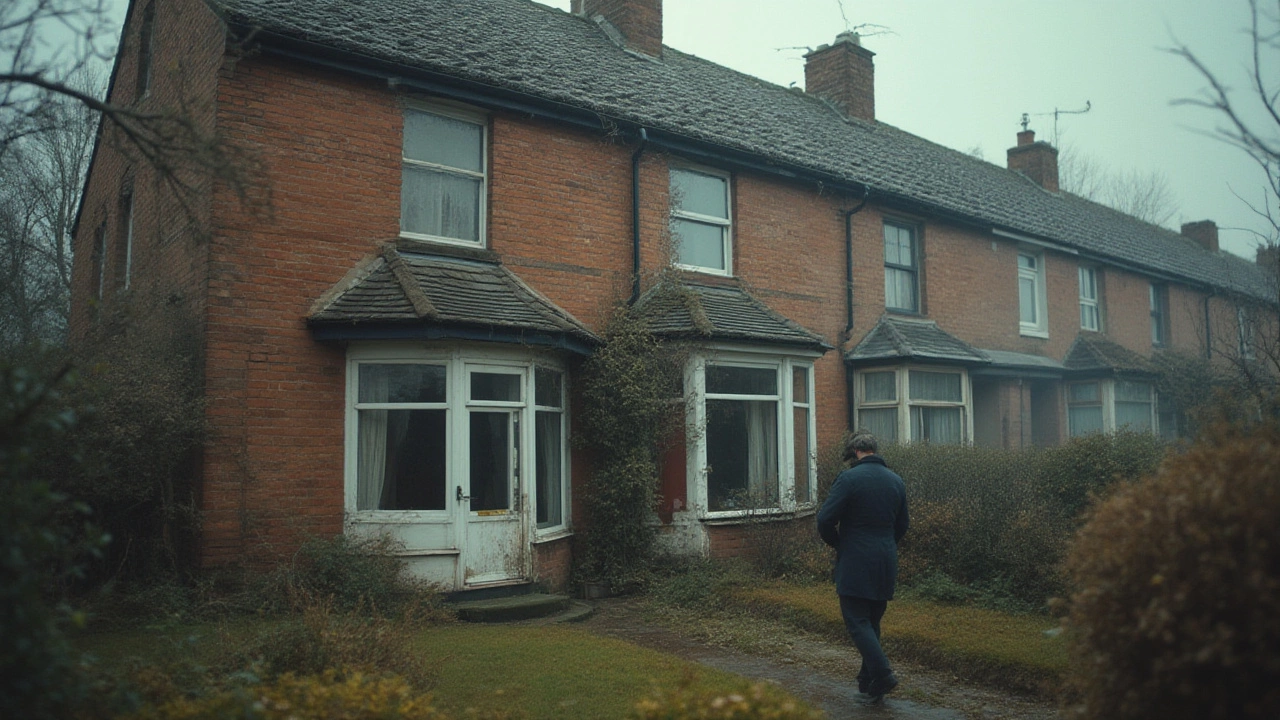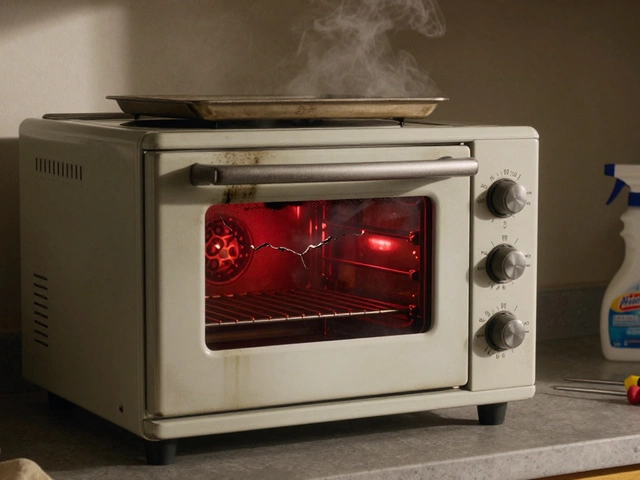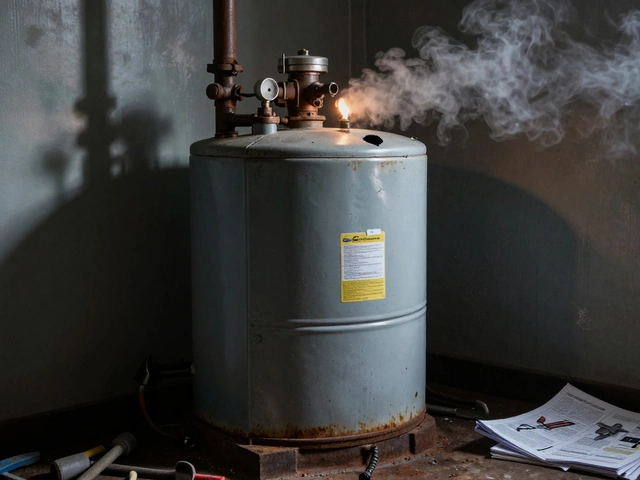Sticker shock hits hard when your boiler croaks and the house starts feeling like a fridge. Wondering exactly how much you’ll have to shell out for a new one? In 2025, the average boiler swap in the UK runs somewhere between £2,200 and £4,500, and that’s just the upfront cost. Choices like combi, system, or regular boilers make a big dent in the price tag. Fancy brands or extras like wireless thermostats bump things up fast.
But it’s not just about the boiler—the installation can cost almost as much as the unit itself. Labour prices swing depending on where you live. City installs? Often pricier, because plumbers charge more. Old pipework or a need to shift the boiler location? Expect higher bills. The trick is to know exactly what you’re paying for before you say yes to anything.
- What Does a New Boiler Cost in 2025?
- Factors That Jack Up the Price
- Finding Value: Tips to Avoid Overpaying
- How to Choose the Right Boiler for Your Home
What Does a New Boiler Cost in 2025?
If you’re thinking about upgrading or replacing your boiler this year, it pays to get your facts straight. The price you see online isn’t always what you end up paying—there’s more to it than just picking a number off a website. So, let’s get real.
The boiler cost in 2025 touches different price points depending on the type of boiler, brand, and whether you go for extra features. Here’s a breakdown of the usual suspects:
- Combi boilers—the type most folks pick for flats or small homes—go for anywhere from £2,200 to £3,200 including installation.
- System boilers—for homes with higher hot water needs—can hit £2,800 to £4,000 all in.
- Regular (heat-only) boilers—old school and best for bigger houses with older radiator setups—sit around £2,500 to £4,500 installed.
Want the juicy details? Check out this table for a quick snapshot of average prices (including fitting) this year:
| Boiler Type | Price Range (Including Installation) | Who’s It Best For? |
|---|---|---|
| Combi | £2,200 - £3,200 | Flats & Small Houses |
| System | £2,800 - £4,000 | Families & Medium Houses |
| Regular (Heat-Only) | £2,500 - £4,500 | Larger Homes, Older Systems |
Keep in mind, those numbers include a standard install. If you’re getting a new boiler put in a spot where there’s never been one, or you need major pipework, expect the bill to climb. Moving a boiler usually adds £400–£600 extra, and upgrades like smart thermostats can bump the total even more.
Don’t forget to ask what’s in your quote. Some companies throw in the first year of service, free flushes for your system, or even extended warranties. Compare the details, not just the bottom line. Boiler quotes aren’t always apples-to-apples.
Factors That Jack Up the Price
There’s no single price tag for a new boiler because so much depends on your house, your old setup, and what you want out of your heating. A lot of folks are caught off guard by the add-ons and the 'extras' that sneak onto the bill. Here’s what really makes the cost climb:
- Boiler cost type: Combi boilers are usually cheaper than system or regular models. But if your home needs more hot water at once, you might have no choice but to go with the pricier option.
- Brand: You know those big-brand names like Worcester Bosch or Vaillant? Solid rep, but the logo alone can push the boiler up by £300-£600 over lesser-known brands.
- Moving the boiler: Changing the spot where your boiler lives can add £600 or more. Why? The plumber needs to run new pipes, patch up walls, and sort out flues or vents.
- New pipework: If your house has old plumbing or needs updates to meet gas safety rules, expect at least another £200-£500 on the bill.
- Size and power: Bigger houses need beefier boilers, which cost more. Don’t forget, higher output models use more parts and specialist installation.
- Access problems: If your old boiler is in a tight loft or a weird cupboard, the labour costs can double because it’s just a pain to work in those spots.
- Boiler controls: Upgrade to smart controls or a wireless thermostat? It sounds convenient, but adds £100-£300 fast.
Check out how prices stack up for the main factors people run into in the UK. Here’s a quick breakdown:
| Factor | Typical Extra Cost (2025, UK) |
|---|---|
| Brand Upgrade | £300 - £600 |
| Relocating Boiler | £600 - £1,000 |
| Pipework Replacement | £200 - £500 |
| Smart Controls | £100 - £300 |
| High Output Boiler | £250 - £700 |
Extra fees sometimes pop up if your old system isn’t up to modern safety codes, or if your installer finds surprises behind the wall. Always ask for a full quote that lists every charge before work begins. And watch out for 'rush' or 'emergency' fees that can push costs way higher, especially in winter when everyone’s desperate for heat.
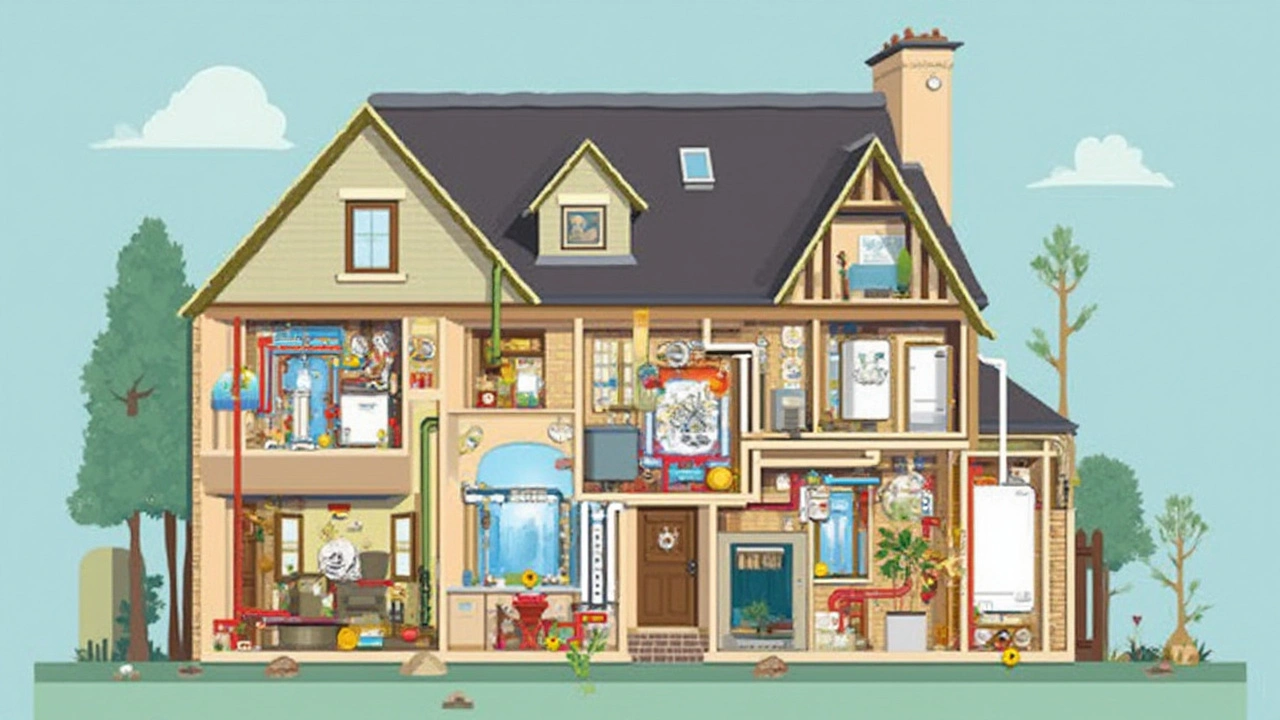
Finding Value: Tips to Avoid Overpaying
Don’t just take the first price you’re given—getting at least three quotes is the golden rule. There’s a decent chance those numbers will be miles apart. In 2025, comparison is more important than ever, since some installers tack on mystery charges or upsell gear you don’t actually need. If someone won’t break down your quote in plain English, walk away. You should know exactly what’s covered in your new boiler cost—from removal of the old unit to the warranty details on the new one.
Ask up front if your installer is Gas Safe registered. Not only is this a legal requirement in the UK, but it’s also your proof they know what they’re doing. A good installer will also flag any cost creepers, like changing pipework or upgrading your gas supply—these aren’t always needed, but shady companies bank on you not asking.
- Check if there are any manufacturer cashback deals or local government grants; folks in 2025 are snapping up eco boiler rebates to cut a chunk off the price.
- Season matters. Early autumn and late spring are quieter for installers, and you might save money if you book when business is slower.
- If your boiler is still chugging (but old), don’t wait for a breakdown. Emergency installs cost more. Plan ahead and ask about fixed-price packages before it’s urgent.
- Always check reviews on places like Trustpilot or Which? before committing—no one likes surprises after the work is done.
The best deals go to people who ask questions, compare what’s included, and dodge pushy upselling. It’s your home—and your wallet—so don’t feel rushed. A legit installer will respect that.
How to Choose the Right Boiler for Your Home
If picking a new boiler feels like trying to solve a puzzle with missing pieces, you’re not alone. There’s more to it than just picking the first one the installer suggests. Here’s how you make a choice that doesn’t leave you sweating over wasted money—or shivering later.
First, think about the size of your home and how much hot water you use. Got a small flat? A combi boiler usually does the trick, heating water on demand and saving you space. Families or anyone with a big house, a system or regular boiler makes more sense, since they store hot water for busy mornings when everyone needs a shower.
Don’t forget about energy efficiency. Today’s boilers are way better at keeping bills down. Look for the latest models that have an A-rating—according to UK regulations since 2018, all new boilers must hit at least 92% efficiency. This isn’t just good for your wallet; it’s easier on the planet too.
- Check your current pipework. If it’s old or not up to scratch, you might need extra upgrades, which add to the bill.
- Think about warranties. Top brands offer 10 years cover, so you’re not stuck if something breaks early on.
- Make sure you get a new boiler that fits the space you’ve got. Some newer ones fit in cupboards; others need more room.
- Ask the installer about controls. Smart thermostats and boiler timers save you hassle and cash by getting your system to run only when you need it.
And here’s a quick money-saving tip: always get at least three quotes from certified installers before you pick one. It gives you a real sense of the boiler cost in your area and can cut several hundred pounds off your bill.

